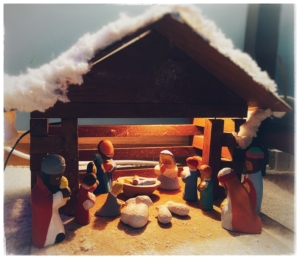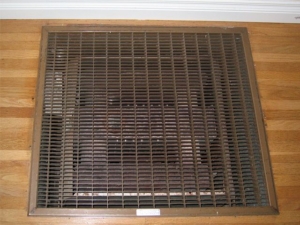Northern Migration, Part 1
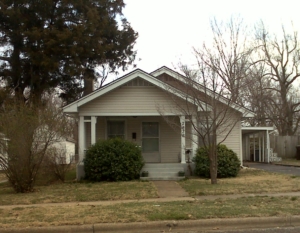
My home in 2010 – a little bungalow with a floor furnace.
In the last month of 2009, I was newly divorced, highly dissatisfied in my job as an environmental scientist, and trying to figure out my next steps in life. Fortunately, I had landed in a wonderful little 2-bed, 1-bath bungalow on the north side of Springfield, Missouri. There, I worked to heal from the end of my marriage, determine my next career move, and generally reinvent my life. The next year would bring more change than I could ever have imagined.
I began applying for different employment in the spring of 2010; however, they were all environmental jobs and I didn’t want to work in that industry anymore. My passion didn’t lie there and I didn’t want to move and take a job that I didn’t enjoy. I was tired of having a job. I wanted a career. I wanted something I was excited to get up and do in the morning, not something that provided me a paycheck with a side of dread.
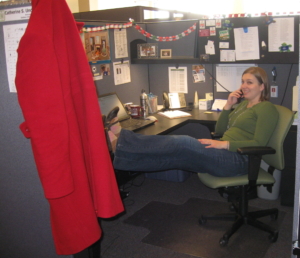
Working in a cubeville.
That fall, I tutored a couple of high school students in chemistry. One evening, as I tutored one of these students in the library in downtown Springfield, I had an epiphany. The student asked me to explain the octet rule to him. I launched headlong into an advanced explanation of bonding theory without realizing what I was doing. My student was totally confused. When I realized my error, I apologized and simplified my explanation to “atoms like to have 8 electrons to be happy.” At that moment, I felt a fire ignite in me that I hadn’t experienced in a long time. I knew what I wanted to do. I wanted to teach. I had to teach. I felt it was what I was put on this earth to do.
This wasn’t my first experience teaching. I tutored English in high school, worked for 2 years as a tutor in college, and taught chemistry classes as a graduate student both at Southwest Missouri State University (now Missouri State University) and Ozarks Technical and Community College. I really enjoyed working with the students, showing them how chemistry is interesting and fun (trust me, it is), and helping them grown and learn. After graduating with my master’s, I looked into teaching; however, there were no full-time teaching positions available at the local colleges and universities where I lived. I also didn’t want to teach at the high school level. At the time, I was newly married and my then-husband was still in college. I couldn’t support us on a high school teacher’s salary. I stumbled into the environmental field to make ends meet.
Now I needed more than a job that just made ends meet.
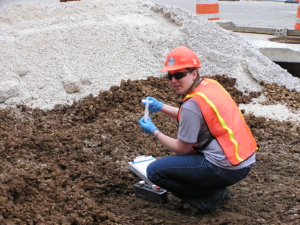
Collecting soil samples for analysis.
I began applying nationwide for teaching positions. It took about 2 months before I got my first interview at Ithaca College. A few days later, I drove north to Austin, Minnesota to interview for a position there. I arrived for the interview a few hours early and decided to explore the town to see what it had to offer. If I took the position, I wanted to know more about the town it was located in. Austin appeared to be a nice small town. Snow was piled everywhere on this sunny December day. I had never seen so much snow and it was hard to navigate the roads. The high drifts on both sides of the roads made if feel like I was driving in a tunnel.
After the interview, I got back in my car for the 8-hour drive to Springfield. As I pulled onto I-90 headed west, I remember thinking that Austin was a nice little town but I doubted that I would see it again. I arrived in Springfield a little after midnight and was at work by 6 am.
I was wrong about one thing: I would be returning to Austin. I had a second interview about a week later with the vice president of the college. A few days later, I was in Austin, Texas visiting friends when I received another call to schedule an interview with the president of the college. I flew high that night knowing that I was so close to having what I wanted: a career in teaching. I was interviewed by the president of the college on December 20th. He told me they would be making a decision the next day and I would receive a call to let me know if I would be offered the position.
The next day was one of the longest days of my life. I couldn’t concentrate on anything. My entire being was abuzz in anticipation. I felt so sure I was going to get the position but every minute ticked by more slowly than the one before, allowing for doubt to creep in. I started to feel sick from the stress and left work early in the day to get some fresh air and work off some energy. I was no good to anyone until I had an answer.
I got the call as I pulled into the parking lot of Hobby Lobby on Battlefield Road at about 10a. I answered and nearly cried when I was offered the position to teach chemistry at Riverland Community College. I accepted, thanked the caller profusely, and hung up the phone. It was December 21. I would start my new position on January 3.
I immediately drove to a close friend’s house to tell her the good news in person. We hugged, laughed, and cheered the good news. I then went home and wrote my letter of resignation for my current job. I planned to deliver it to my boss the next morning. My last day as an environmental scientist would be December 31.
That night, I celebrated with my friend alongside a bonfire with a glass of wine. In less than 2 weeks, I would be teaching chemistry full time at a community college in Austin, MN and there was a lot to do in that time. I was excited for the next step my life would take and thankful that I had taken the risk to go after my passion.
I was preparing for a northern migration. The next 12 days would be a very hectic and emotional ride, one that would drastically change my life in a way I could never have imagined.
This is part 1 of a 3-part blog. To continuet to part 2, click here.
 © Catherine Haslag
© Catherine Haslag
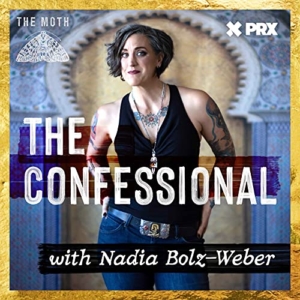
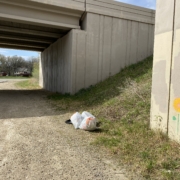 © Catherine Haslag
© Catherine Haslag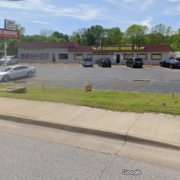
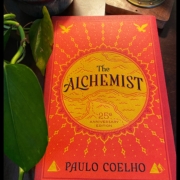 © Catherine Haslag
© Catherine Haslag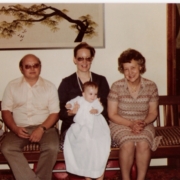 © Catherine Haslag
© Catherine Haslag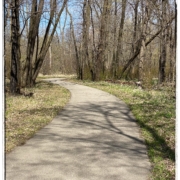 © Catherine Haslag
© Catherine Haslag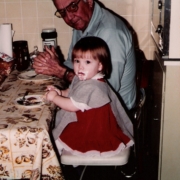 © Catherine Haslag
© Catherine Haslag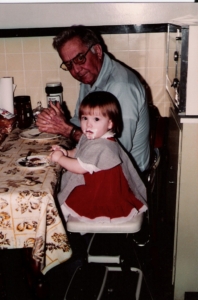
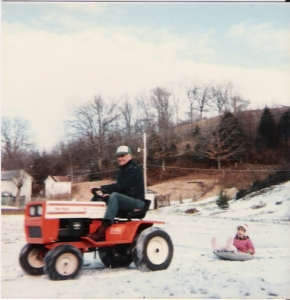
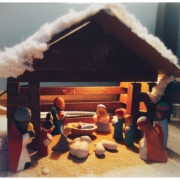 © Catherine Haslag
© Catherine Haslag